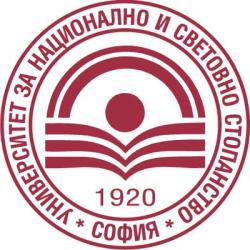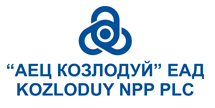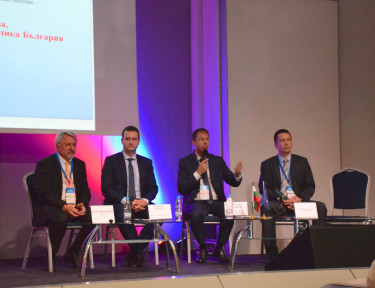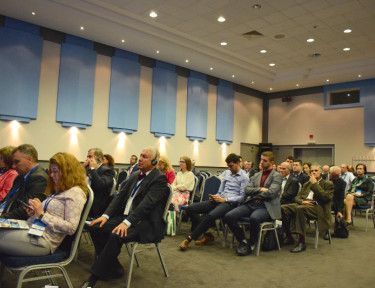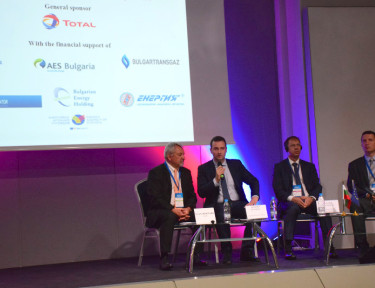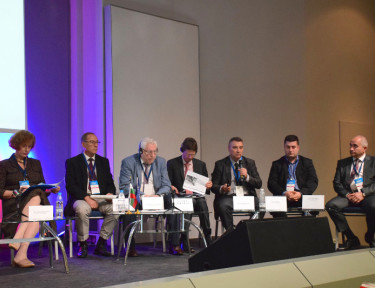CONCLUDING REMARKS
from the discussions during the International conference Energy and National Security of the South East Europe, held on 15 June 2018
at the Inter Expo Centre, Sofia
More than 150 representatives of government administration bodies, energy and specialised companies, diplomats and the media from the South East Europe, Russia, the USA, as well as from EU member states participated in the discussions during the conference.
This is a summary of the main results and conclusions from the conference:
The security of the Bulgarian energy sector is exposed to growing risks, such as the diversification of the energy resources, sources, routes and generation capacities, as well as to infrastructure risks.
Many gaps remain in the Bulgarian energy doctrine, and the decision of whether or not to construct one generation unit, or establish a gas hub, will not solve the problems.
There are a number of modern technologies, including ones developed in Bulgaria, intended for infrastructure protection, that can be successfully applied in the energy sector as well.
There is no clear concept on critical issues relative to the energy development of the country, including the liberalisation of the natural gas market and balancing its role, the absence of a roadmap for application of the Clean Energy package, aimed at increased energy efficiency and the promotion of passive buildings.
The persistent passivity of the competent government authorities to source alternatives for the supply of natural gas is perplexing, while these exist;
The economic arguments for the construction of the NPP Belene project are controversial and must be considered in parallel with the arguments for the construction of unit seven of NPP Kozloduy, in the context of the requirements for state guarantees and a long-term power purchase agreement.
As a result of the discussions, a number of recommendations were made for the energy policy of our country and the region, in general the following:
1. It is advisable to analyse the results of the forecasts and the perspectives for the development of the Bulgarian energy sector reported by independent sources.
2. The majority of the nuclear energy experts are of the opinion that the re-start of the Belene project with the involvement of an investor will require both state guarantees and a long-term power purchase agreement, as well as a new notification to the European Commission. The government administration committed to this project owes the public more information and clarifications on these issues.
3. The Ministry of Energy should consider the reports presented during the conference showing the Bulgarian developments of protective systems to safeguard the energy infrastructure from external threats.
4. By 2019 at the latest, Bulgaria needs to clarify the following issues, within the framework of a new energy strategy: the role of the natural gas in the energy mix, and its positioning with respect to other sources and to the electricity, the perspectives for the construction and operation of big generation capacities, the guidelines for energy savings and warehouse gas emissions reduction, as well as the application of the Clean Energy package.
5. With the objective of liberalisation of the natural gas market, by 2020 at the latest the Bulgarian energy sector needs to clarify the concept for the development of open gas infrastructure and achieve the target of 10-15% of the external supply of natural gas to be from international tenders. For this purpose, a political solution is required for the model – one-stop shop, bundle capacity, or other.
6. It is necessary that the government pays more attention and promotes the exploration activities for the availability and extraction of local resources and hydrocarbons, including the hydrocarbons in the deep-water zones of the Black Sea and onshore.
7. The government must implement a new protective system against powerful foreign corporate interests hampering both the exploration of the local energy resources, and the alternative natural gas supplies.
8. The government must act urgently for the settlement of the issue of delimitation of the marine zones of Bulgaria and Romania in the Black Sea, to avoid serious disputes in the future over the rights for the extraction of energy resources.
9. According to the experts, Bulgaria is more than four years away from the successful implementation of the so-called gas hub Balkan, which requires a number of regulatory changes, the construction of new gas connectors and a wholesale market. What is needed at the same time, but is maybe even more difficult to achieve, is the presence of sustainable political will, professionalism, integrity and competition.
The Programme Committee of the Conference





